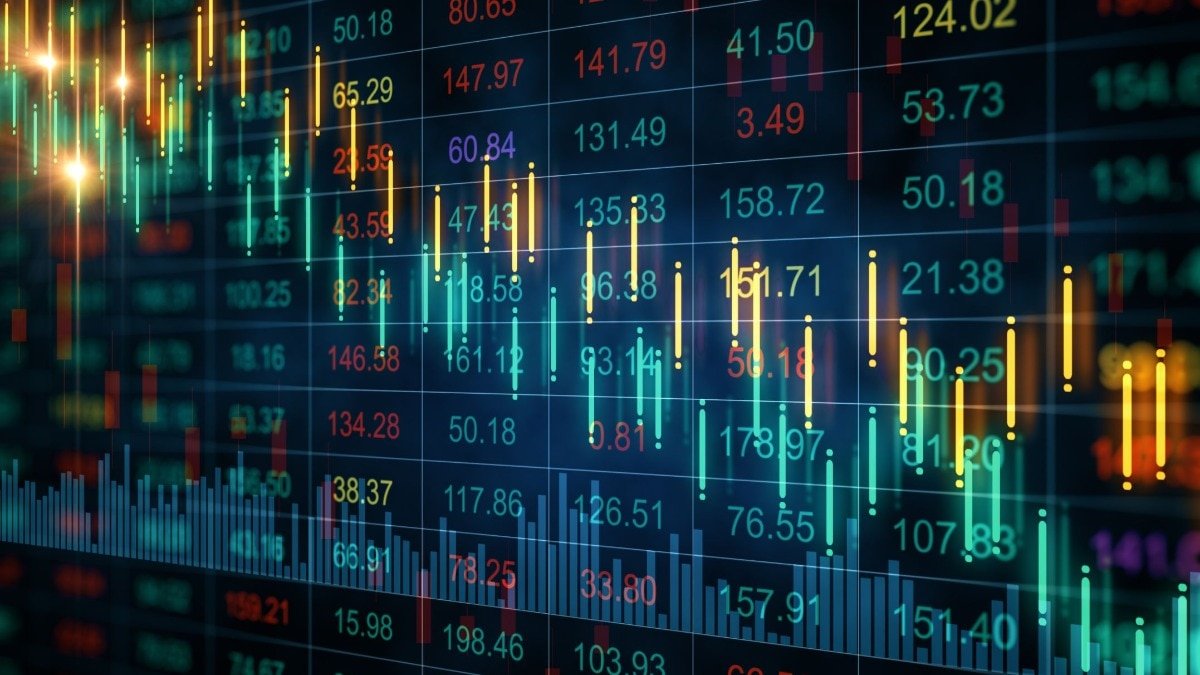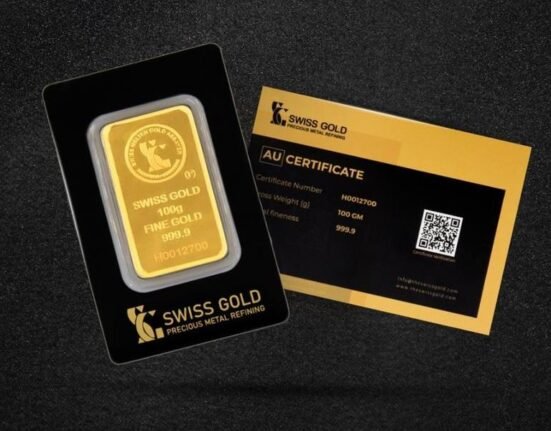Investors on Dalal Street turned cautious as escalating tensions between India and Pakistan after India’s armed forces conducted Operation Sindoor, targeting terrorist infrastructure in Pakistan, weighed on market sentiments. The benchmark equity index BSE Sensex on Wednesday traded 55 points, or 0.07% down at 80,583 at around 10.35 am (IST). However, the downside was capped as India and the UK have finalised a landmark trade agreement aimed at doubling trade to $120 billion by 2030.
Market watchers believe the market may remain volatile in the near term. History suggests that tensions between India and Pakistan trigger short-term dips—Kargil War (-4%), Parliament attack (-3%), Mumbai attacks (-4%), and Balakot airstrike (-3%).
Pankaj Singh, smallcase manager and Founder and Principal Researcher at SmartWealth.ai said that markets have consistently rebounded in the long term.
After the Kargil War, the Sensex surged more than 30% within a year. Post-Parliament attack, it rose over 20% the following year. Following the Mumbai attacks, it gained 60% within 12 months, and after Balakot, it climbed 15% by year-end.
“While short-term caution is reasonable, history shows that Indian markets demonstrate strong resilience once clarity returns. Unless accompanied by broader economic or global shocks, Indo-Pak tensions have not had a lasting negative impact. Investors should focus on fundamentals, not fear,” said Singh.
Sameet Chavan, Head Research, Technical and Derivative, Angel One said, “After Monday’s brief sign of optimism, the broader market again showed signs of weakness, with nearly four stocks declining for every one advancing, a clear sign of nervousness among participants. Until there’s a visible improvement in breadth and sentiment, it’s advisable to stay cautious and avoid complacent trades.”
Meanwhile, defence-related stocks traded mixed in the morning trade. Paras Defence and Space Technologies was up 1% at Rs 1,366. Hindustan Aeronautics and Bharat Electronics traded 0.49% and 0.74% down at Rs 4,485 and Rs 308, respectively.
Ankur Sharma, Market Analyst, VT Markets said, “Foreign institutional investors (FIIs) play a vital role in the Indian market and these players usually pull out if the region experiences some pressure or unrest. Due to this, a short-term selling pressure can be seen on the Indian equities.” FIIs have offloaded shares worth more than Rs 2 lakh crore since October 2024.
Sharma added that as anxiety rises and capital shifts into safer assets like gold and the US Dollar, the gold price goes up as its natural tendency whenever the world sees unrest, and the Indian rupee falls somewhat.
Sharing his view on India-UK trade deal, Nirmal Jain, Founder, IIFL Group said, “A game-changing FTA between India and the UK. Zero-duty access for 99% of our exports, big wins for services, 3-yr social security exemption for professionals-boosts for India’s competitiveness, MSMEs, deepens global value chain integration. A bold leap towards Viksit Bharat 2047.”
Disclaimer: Business Today provides stock market news for informational purposes only and should not be construed as investment advice. Readers are encouraged to consult with a qualified financial advisor before making any investment decisions.







